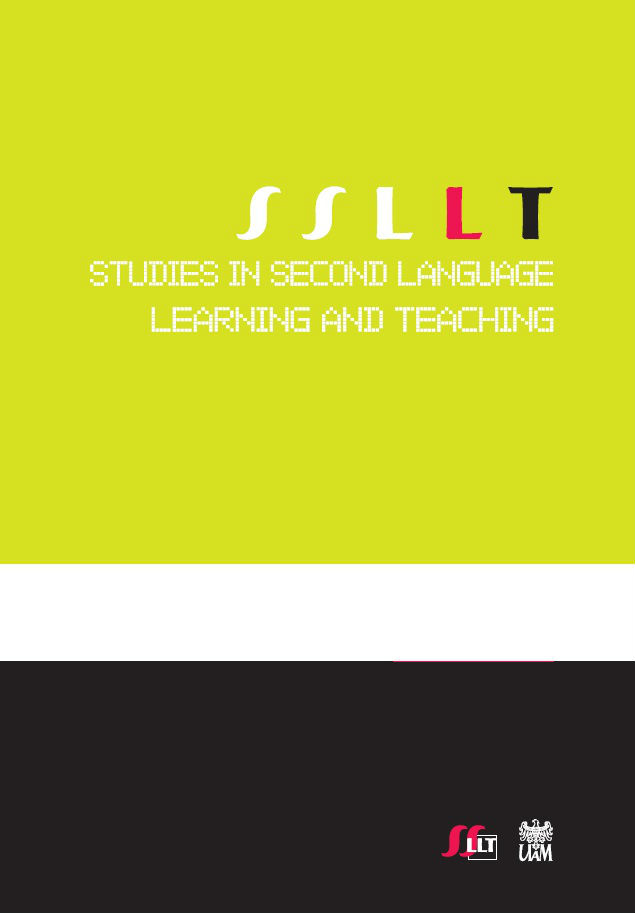The Simpsons: Translation and language teaching in an EFL class
The Simpsons: Translation and language teaching in an EFL class
Author(s): Elisabetta PavanSubject(s): Foreign languages learning
Published by: Wojskowe Biuro Historyczne im. gen. broni Kazimierza Sosnkowskiego
Keywords: translation; foreign language teaching; intercultural communicative competence; intercultural awareness
Summary/Abstract: My point of departure for this paper is that translation, so long neglected in foreign language teaching, can not only improve students’ linguistic competences in both a foreign language and their mother tongue, but also their awareness of cultural and intercultural elements. It is a widespread popular assumption, among those not involved in language teaching, that linguistic competences are the key to learning a language and to communicating in a foreign language; consequently, they assume that translation ought to play a major role in the study of a foreign language. Indeed, late 20th century theories of language teaching, apart from the grammar-translation method, have largely ignored or criticized the role of translation. I will focus on a translation course I taught to a class of a year three Italian undergraduate students studying foreign languages, and discuss the advantages of using translation to improve students’ linguistic competences, in their mother tongue and in the foreign language, and to develop their intercultural communicative competences and their cultural (Bassnett, 2002, 2007) and intercultural awareness (Kramsch, 1993, 1998). The translated text was taken from The Simpsons, season 21, episode 16.
Journal: Studies in Second Language Learning and Teaching
- Issue Year: III/2013
- Issue No: 1
- Page Range: 131-145
- Page Count: 15
- Language: English

